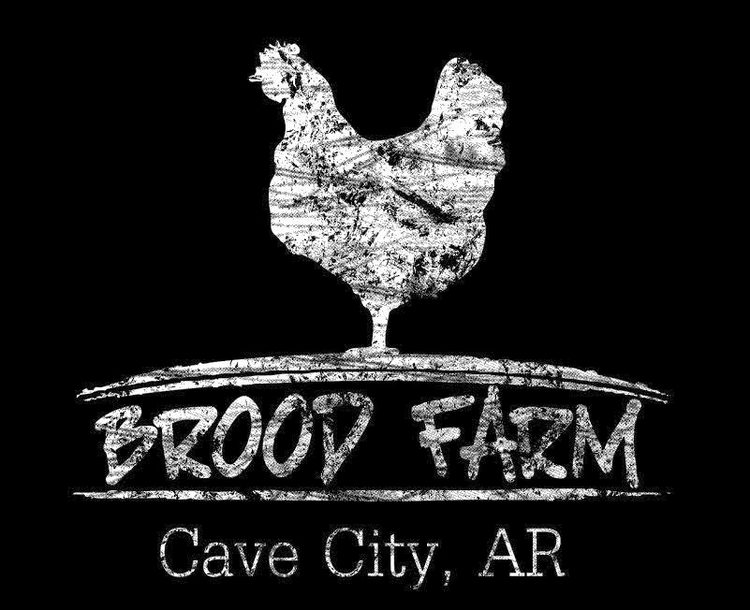In the last blog post, I informed you that we are the only market-scale farmers I know of who raise truly pastured eggs. There's a good reason we are alone in this.
We're the only ones stupid enough to do it.
Backyard flocks are much easier to manage in a pastured way. When we lived in town and kept our flock in a chicken tractor, getting them to fresh ground was as easy as scooting the little tractor onto a fresh patch of grass each day.
But, on a larger scale, the workload becomes tremendously greater.
First thing in the morning, John fills some 5-gallon-buckets with water down at the barn, loads them and some feed into the Ranger, and drives them down to whatever field the chicken wagon is in. There, he takes down a few sections of portable electric fencing so that he can back the Ranger up to the chicken wagon and hitch it up. He removes the wagon ramp and the wheel chocks and pulls the wagon to fresh ground, then unhitches, pulls the Ranger out of the field, and puts the fence back up. He reattaches the ramp, fills the waterers and feeders and opens the door to the wagon. The hens flood out, eager to get busy hunting and pecking the fresh ground. He climbs up into the wagon and opens up the nesting boxes where eggs will be laid throughout the day.
Around noon, I gather the eggs, check to see whether more water is needed, and feed the chickens whatever (vegetarian) kitchen scraps I've accumulated over the last 24 hours. They love me!
Around 5:00, we kick off evening chores by gathering the last of the day's eggs and closing the nesting boxes so that the ladies will not sleep (and thus poop) in them. Back at the barn, we sort the eggs, packaging clean ones as we go. Dirty ones are hand-washed with water and apple cider vinegar and allowed to dry before packaging. The five to eight full cartons are labeled and refrigerated. When John is home in time for evening chores, he's typically working on all this while the kids and I work alongside him on the milk-related chores.
After dark, we return to the chicken field to find that all the hens have called it a day and gone inside the wagon for the night. We close the door to keep them safe from nighttime predators and call it a day ourselves.
When John moves the wagon in the mornings, he only moves them incrementally. That way they move across the fenced-in field in about a week. At that point, they're ready to move into a new fenced zone. We have enough electric fencing that we can kind of leapfrog them. So, while the chickens are in one fenced field, I take down and collect the fencing around the area they were in LAST week and leapfrog ahead to set it all back up in the area the chickens will head to NEXT week. I've got this system down pretty well so that if the ground is soft enough for me to set the posts with just a step of my boot, I can get it done in about 30 minutes. If the ground is hard, though, we actually have to use a drill to pre-drill a hole in the ground for each fence post. That can take up to an hour and a half.
On the morning John is scheduled to move the chickens to a new field, his morning chores take a bit longer as he has to move all feeders and waterers into the new zone, too.
For a short time last summer, we attempted pasturing the chickens without the use of the electric fencing. That certainly cut down our work load, but was a completely failed experiment. Many of the chickens traipsed off into the woods to lay their eggs in places we couldn't find and then were eaten up by predators. In a flock this large, we have to expect some loss to predators, but we were losing chickens at an alarming rate, so we went back to the fencing method that had been working pretty well.
Of course, there are seasons like we experienced this winter when, because of molting and shortened daylight hours, the ladies nearly quit laying altogether. Obviously, we didn't have to put in as much time in egg packaging, but all the other chores remained. And, even when the ladies were generating zero income for the farm, they still had to be fed.
Additionally, we've got chores related to acquiring chicks and raising them up to add to the flock. We've been doing two batches of new chicks per year. And, there's, of course, time spent marketing and delivering and . . . .
Have you stuck with me? Or did I tire you out? Honestly, reading it all on one page has me a bit overwhelmed, too.
So, even at $4 per dozen when we can pretty much cover our costs, we can't even begin to pay ourselves for all the time that's been put in to producing those eggs.
Still we persist.
Because we're just that dumb. :)
We enjoy it. We like seeing chickens out in the field, just being chickens. We love the eggs. We think that you will like the eggs, too. And, we want to be able to share them with you.
So, I don't know anyone else who raises eggs for market in the same way we do. Maybe you do know others who are pasturing large flocks. If you do, please don't tell them we were calling them stupid. Though, if you did decide to tattle on me, I imagine they'd probably laugh and know exactly where I'm coming from.


